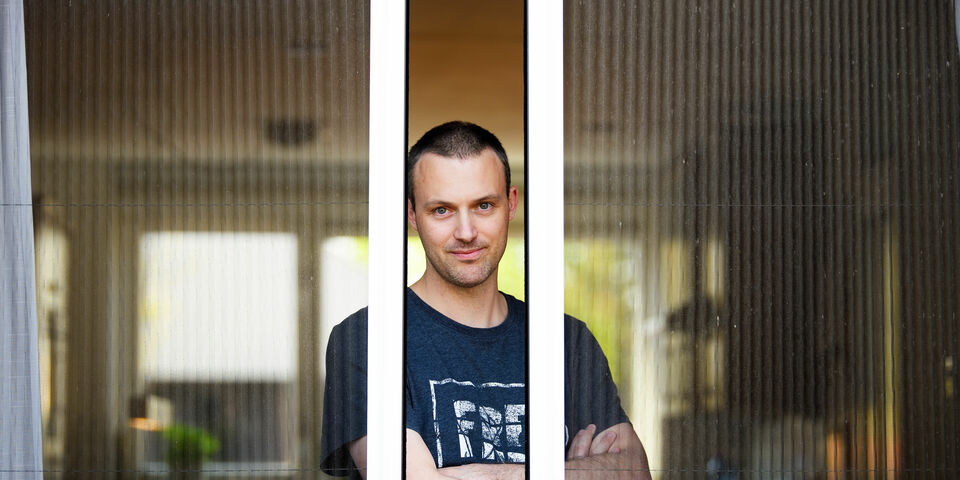Strong-minded people
“I’m not stubborn, my way is just better.” A few years ago, this line appeared on a Father’s Day gift Boudewijn van Dongen received from his daughter. She’s thirteen now, in the middle of puberty, and she looks just like me, he says. So this year, he’s giving her that same gift back for her birthday.
The TU/e is full of strong-minded people. You actually have to be a bit strong-minded to become a scientist. But that doesn’t mean you’re unwilling to listen to others’ advice—it just takes more effort to be convinced. Students or colleagues often have helpful suggestions about how I could structure my teaching differently, or how best to approach a particular conversation. I regularly ask for advice, and I give it as well, sometimes unsolicited in this column.
The governance culture at TU/e works differently. It isn’t built on advice but on directives—effectively binding advice. As if the university itself is saying, “My way is just better,” often without providing sufficient justification. And that last part is especially hard for strong-minded scientists to accept, so they do their best to continue working in their own way. After all, their way is better.
The result is that directives are translated into regulations and protocols. Some time ago, I heard one of the deans say that the introduction of professional development portfolios would be added to the Education and Examination Regulations (OER), because that was the only way to force every program to implement it. A power tool that a dean really shouldn’t have in the first place, but that aside.
This directive tone from the central organization toward the work floor is worrying. It pushes people in the organization farther apart. It becomes “us” versus “them” instead of “all of us together”. That leads to friction, and friction is never healthy. The mere fact that directive steering is considered necessary shows that there is no foundation of trust—and without that foundation, the much-desired culture change will simply not happen.
Boudewijn van Dongen is a professor of Process Analytics at TU/e. The views expressed in this column are his own.
This article was translated using AI-assisted tools and reviewed by an editor.


Discussion